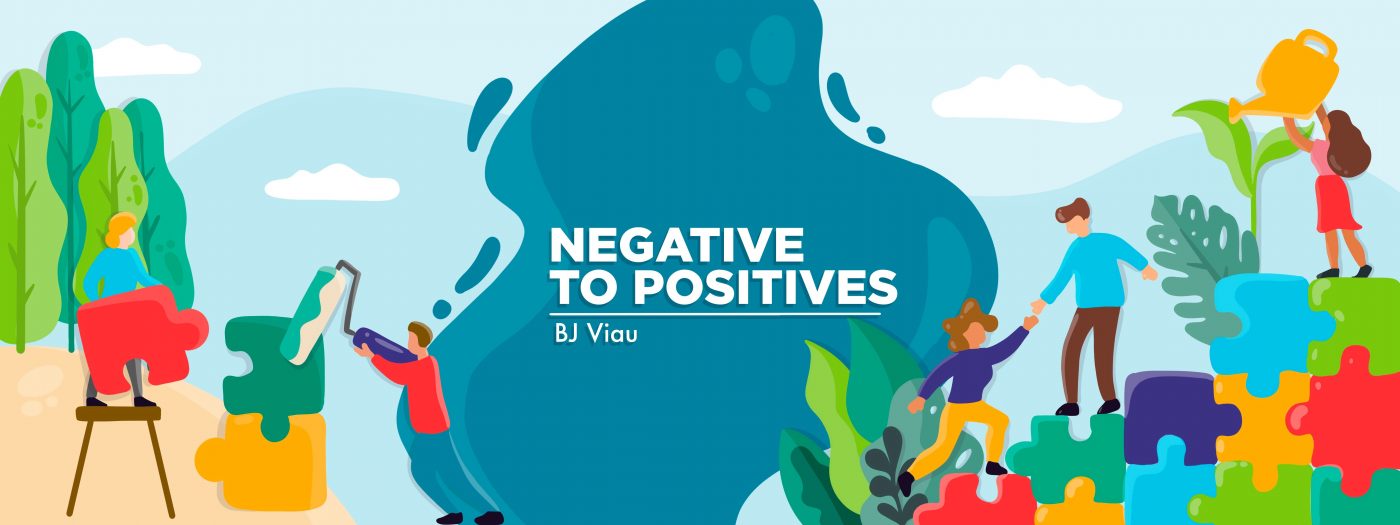My Key Takeaways From This Year’s Huntington’s Disease Convention

The Huntington’s Disease Society of America’s (HDSA) annual convention is one of my favorite events to attend, as I wrote in my previous column. It’s a weekend full of learning from experts, hearing about the latest clinical trial and research updates, connecting with community stakeholders, and enjoying time with friends both new and old.
This year’s event was held in Atlanta from June 9–11. I want to share my main takeaways, as I feel they are much different, in a good way, from years past.
Since I attended my first HDSA convention in the 1990s, much has changed on the treatment landscape. Back then, hope was on the horizon, but today, legitimate clinical trials are enrolling patients. It’s a different world full of opportunities for people with Huntington’s disease (HD). New problems come up, but they are good problems to have.
I attended one session called “Life After Testing Positive,” which featured three panelists who underwent genetic testing and learned they are gene-positive for HD. While the genetic mutation will one day cause symptoms of Huntington’s disease, the panelists are currently symptom-free.
One speaker commented that it can be overwhelming to keep track of all the clinical trials. They shared that they want to focus on their life, children, church, and community and not spend hours every week keeping up with HD updates. While talking with other attendees, I heard comments such as, “Could someone just call me when I should pay attention?” and “I’ve lost some hope due to recent negative outcomes, so I no longer pay as much attention to all that’s being offered.”
I’ve been thinking about these issues ever since. Currently, more than 15 HD therapies are in the clinical development stage, and more in the research pipeline. It seems like we can’t go a few weeks without a pharmaceutical company sharing a press release with updates on its HD research or clinical trial.
These press releases are appreciated, especially when advocacy organizations like HD Buzz and HDSA help simplify and explain them. However, it’s still difficult to keep track of them all, especially if you don’t have a strong grasp of the therapy development and clinical trial process.
After engaging in additional conversations at the convention, I’m left with several thoughts and questions about keeping the Huntington’s community informed about clinical trials.
Staying up-to-date about clinical trials
People who don’t display visible symptoms are unlikely to see an HD doctor regularly. If they are at risk for HD but have not done genetic testing, they may fear receiving a diagnosis unexpectedly. And even if they’ve been diagnosed as gene-positive, they may feel like seeing a doctor isn’t worth their time if they don’t yet have symptoms.
However, by visiting an HD clinic regularly, this group of people can make a difference in the Huntington’s community. Enroll-HD, the world’s largest observational study for Huntington’s families, is open to anyone who has or is at risk for Huntington’s disease — including those who are gene-positive but pre-symptomatic. Participants speak with researchers and clinicians during an annual visit, allowing all involved to learn more about HD, and are informed about clinical trials they may qualify for.
But I’m left with two main questions:
- Are Enroll-HD participants informed about all clinical trials they qualify for, or just those that are local?
- Are experts aware of and able to refer Enroll-HD participants to other sites during their annual visit?
If the answer to my first question is no, then how can we better inform people about their options, while also allowing them to live their life to the fullest? I’ve tested negative for HD despite my mother’s diagnosis, but if I had the disease, I’d want to be made aware of every single trial available, regardless of location. Lay out the options and obstacles, and let my family and me make an informed decision.
With more clinical trials enrolling participants whose disease onset is more recent, it will be interesting to see how many people enroll. Are there enough young people ready and able to participate, or do we need to create more effective and efficient ways to alert people about studies they may qualify for?
I’m looking forward to connecting in person with HD families and professionals at other HD events this year. The HDSA convention is a particularly special place for conversation and connection, and I encourage others to attend next year in New Orleans. Hopefully, we can work on answering some of these questions.
Thanks for reading. Please share any thoughts or responses in the comments below.
Note: Huntington’s Disease News is strictly a news and information website about the disease. It does not provide medical advice, diagnosis, or treatment. This content is not intended to be a substitute for professional medical advice, diagnosis, or treatment. Always seek the advice of your physician or other qualified health provider with any questions you may have regarding a medical condition. Never disregard professional medical advice or delay in seeking it because of something you have read on this website. The opinions expressed in this column are not those of Huntington’s Disease News or its parent company, Bionews, and are intended to spark discussion about issues pertaining to Huntington’s disease.








Lauren Holder
GREAT post! Thank you!
Wesley Johnston
The comments about how confusing the HD research trials recaps are to gene positive individuals was right on point.
Thank you for articulating that issue to the HD research community.